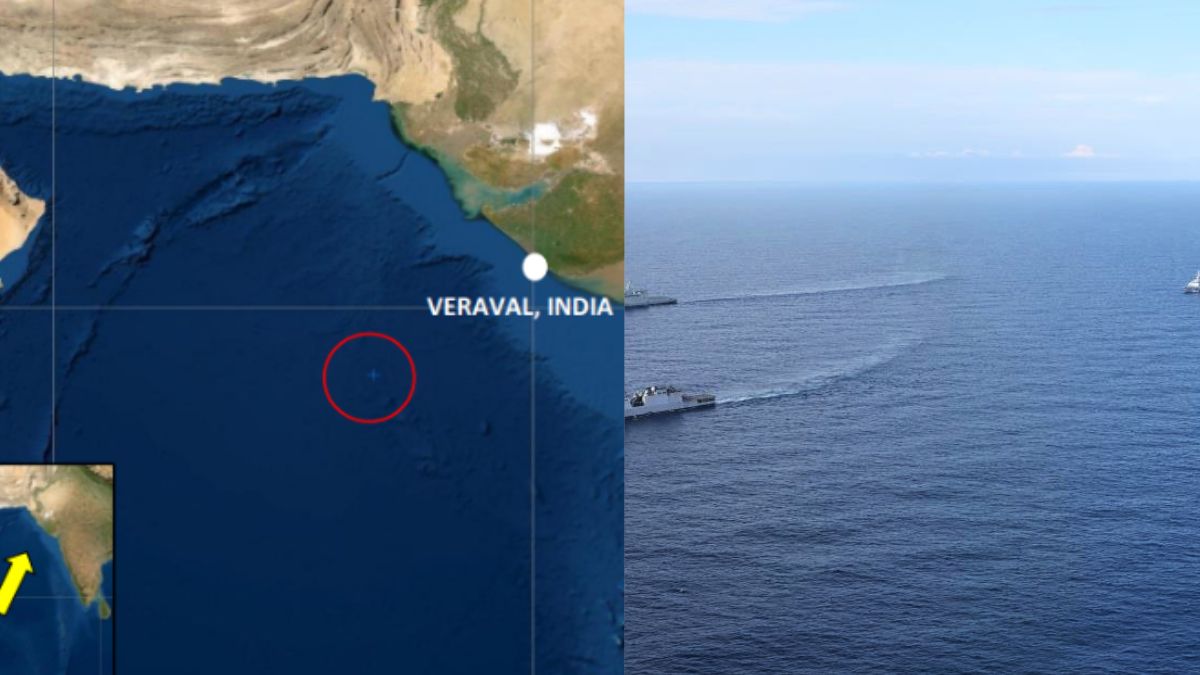The drone strikes on commercial vessels headed for India over the weekend, one in the Red Sea and one off the coast of Porbandar in the Arabian Sea, were the 14th and 15th such incidents since October 17 (October 7 was when Hamas attacked Israel).
The crew is reportedly safe, and the Coast Guard and Indian Navy are keeping a careful eye on the situation. Closer to home, Panipat in Haryana is experiencing the effects of the increasing number of marine attacks.

Source: English Jagran
Known as the “Textile City,” 90% of its 450 businesses export blankets, bed linens, and other handloom goods to markets worldwide. Their trade has suffered as a result. The strike foreshadows significant shipping challenges for the exporters as they look to reroute ships through Europe, which would cost them more than twice in fuel and time, given that the Gulf has become a dangerous region.
Despite this, the industry’s annual turnover has plummeted to just about one-third of the usual Rs 50,000 crore. Modern precise technology has made it possible for unmanned aerial vehicles (drones) to disrupt ship communication networks or even blow them up, making travelling across oceans and seas a dangerous endeavour.
Source: Times of India
The Red Sea and Black Sea security issues must be addressed by the International Maritime Organization in order to safeguard trade along these vital maritime lanes. Since Russia invaded Ukraine in February 2022, trade interruptions in the Black Sea have disturbed the global economy and caused inflation, which has primarily harmed underdeveloped nations owing to shortages of food and fuel. The modernization of fleets is necessary to meet the new technological challenges, but diplomatic attempts to resolve disputes must also go on.
What do you think about this? Comment below.

